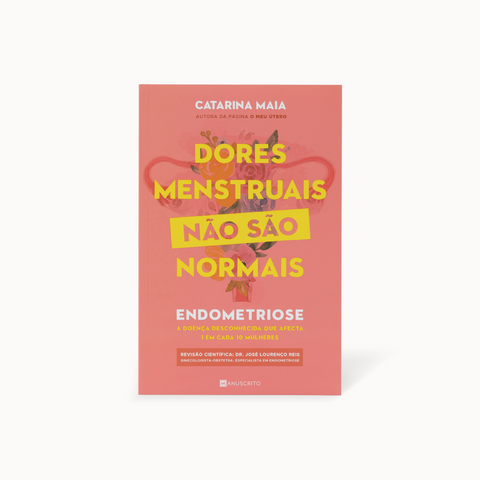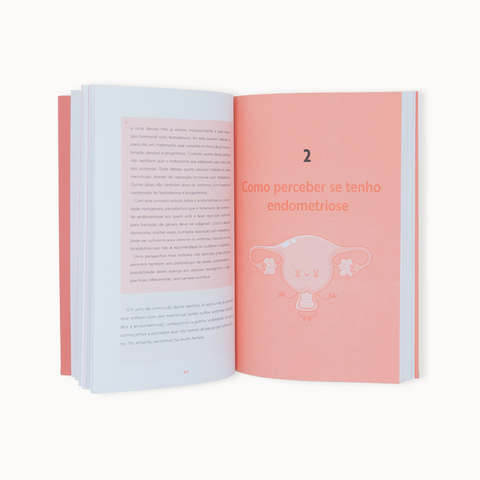Did you know that there are certain teas that can help you experience your period more comfortably? Each tea has a different effect on our body and, therefore, it is important to find the one that works best for you, so you know when and in what quantities you should drink it.
Menstrual cramps, when very intense, can significantly interfere with our daily lives. The good news is that, instead of taking medications to treat them, you can use some teas. Although the scientific evidence regarding their effects is not conclusive, it may be worth trying them, especially because they are all healthy and beneficial for the body. Keep reading to find out what special herbal teas we are talking about.
Hibiscus tea
Hibiscus can help regulate aldosterone (a hormone produced in the adrenal glands) that regulates sodium and potassium levels in the body. Since the kidneys retain sodium, which means they also retain water, fluid retention and swelling occur. However, by influencing aldosterone, hibiscus acts as a diuretic and reduces menstrual bloating, as well as helping to reduce high blood pressure.
Ginger tea
Studies reveal that ginger relieves pain and nausea. As an anti-inflammatory and analgesic, it helps reduce cramping pain and bloating by promoting circulation. You can make fresh ginger tea by cutting it into thin slices and boiling it in water for five minutes. Add a little honey if you prefer.
Raspberry Leaf Tea
As a nutritious herb, raspberry contains manganese, iron, calcium and vitamin C. The leaf of this small fruit is typically used in pregnancy and postpartum to support the muscles of the uterus and pelvic floor, but can also be useful for control menstrual bloating, as well as heavy menstrual flow, although more studies are needed to prove this. Fragarine, the main constituent of raspberry leaf, acts as a uterine tonifier, reducing menstrual cramps and heavy bleeding.
Chamomile and peppermint tea
The powerful combination of chamomile and peppermint – herbs rich in oils with pleasant aromas – helps to reduce and prevent the formation of excess gas in the digestive tract, relieving pain and bloating, as well as nausea. Menthol, a compound in peppermint, also helps reduce menstrual cramps. This action becomes even more effective with the help of chamomile which, in addition to calming this type of pain, has a glycoside compound that helps women relax.
Source: Healthline


















